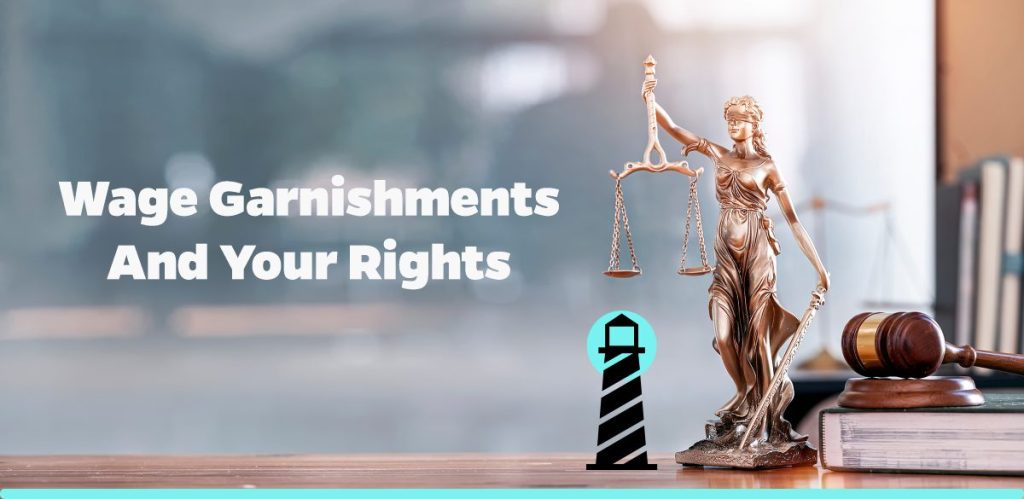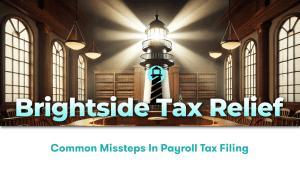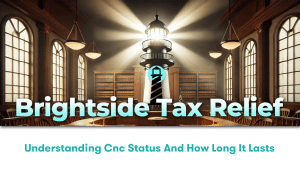Understanding Wage Garnishments
Wage garnishment is a legal procedure that deducts money from an individual’s earnings under a court order to pay a debt. While it’s relatively common in cases of defaulted student loans, unpaid taxes, child support payments, and court judgments, it can create significant financial hardships for those affected.
The federal law allows considerable latitude to debt collectors and creditors. However, as a debtor, it is essential to understand that you also have rights that protect you from overly aggressive and unreasonable wage garnishments. Recognizing these rights can help you navigate through this challenging process, ensuring that you aren’t taken advantage of.
Your Rights Under the Consumer Credit Protection Act
The Consumer Credit Protection Act (CCPA) stipulates that creditors cannot dismiss an employee due to wage garnishment for any one debt. The protection, however, doesn’t extend to garnishments centered around different debts or more than one garnishment from the same debt.
Moreover, the CCPA also cap the amount that can be withheld from your disposable earnings. For instance, up to 25% of an individual’s disposable earning or the total by which an individual’s weekly income exceeds 30 times the federal minimum wage can be garnished, whichever is less.
State Laws on Wage Garnishments
Aside from federal protections, some state laws often provide additional safeguards for debtors. In certain states, the laws restrict the total amount a creditor can garnish from a debtor’s wages and in some instances, wage garnishment is prohibited entirely. Therefore, it’s essential to be aware of the laws in your specific state.
Challenging a Wage Garnishment
If you believe that a wage garnishment order was issued unfair, you have the right to challenge it. The court must provide a written notice, outlining your right to object to the garnishment. Following this, you have a limited amount of time to file your written objection, and it’s important you can back your objections with solid evidence.
The Role of the Internal Revenue Service (IRS)
When it comes to tax debts, the Internal Revenue Service (IRS) can garnish wages without a court order. However, they must provide the debtor with a detailed notice beforehand. The IRS outlines more about wage garnishments on their website. It’s crucial to not ignore IRS notices, because doing so could escalate your case.
Contacting a Tax Relief Company
If you’ve received a wage garnishment order, it’s a smart move to get in touch with a seasoned tax relief company, like Brightside Tax Relief LLC. We can help identify the potential options to manage your debt, stop wage garnishment and ensure your rights are protected.
A reputable tax relief company has the expertise and resources to negotiate with the IRS or other creditors on your behalf. This way, you can potentially reduce the amount you owe, set up a manageable payment plan, or even have your debt discharged under certain circumstances.
In Conclusion
Wage garnishments can be emotionally and financially taxing. However, it’s essential to remember that you have rights and that the law provides protections and provisions to help you navigate through these challenging times. It’s crucial always to maintain open communication with your creditors and consult with a reliable tax relief organization like Brightside Tax Relief LLC to explore all possible options and find the best way forward.




